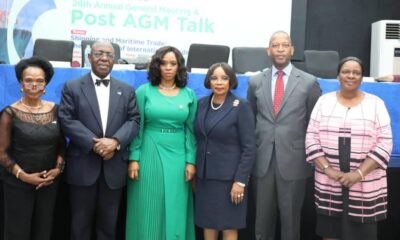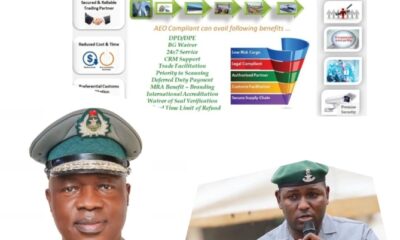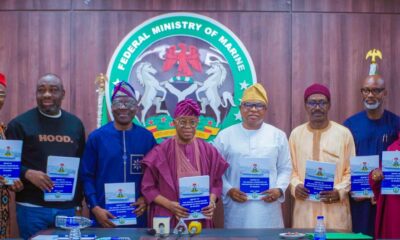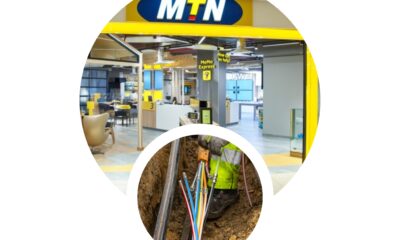By Ezurike Ugochukwu
Determined to enhance cargo clearance operations at the port, the Nigeria Customs Service (NCS) said it has reduced the number of physical examinations on cargoes at the ports as it has perfected plans to introduce use of endoscopic cameras for inspection of cargoes.
The deployment of the endoscopic cameras are for cargoes that require physical examinations especially during the period of Covid 19 pandemic.
Deputy Comptroller (DC) of Customs, Anthony Anyalogu made the revelation on Thursday at a virtual dialogue while speaking on the theme, ‘Enhancing Cargo Clearance Operation in Nigeria during COVID-19.’
Anyalogu, who is also the representative of the NCS at the Presidential Enabling Business Environment Council (PEBEC) stated that the steps taken are part of measures to ensure physical distancing.

Ayalogu
DC Anyalogu noted that while Customs cannot completely stop physical examination of cargoes because of high risk imports, it was planning to introduce the use of endoscopic cameras for inspection of cargoes that require physical examination.
The camera according to him would help reduce physical contact and increase the speed of examination
“During this COVID-19 period, we were advised to do our processes with less contact to prevent spread of the virus, and that means that we should increase the number and percentage of goods that go into scanning and green lane, which means no customs examination.
“So presently, what we are doing is to decrease the number of containers that will go into physical examination while we try to increase the percentage of goods that go into green and blue lanes.
“Because we cannot stop physical examination, we also have to look for what will replace it because it is mostly goods that are more susceptible to non-compliance that are physically examined.
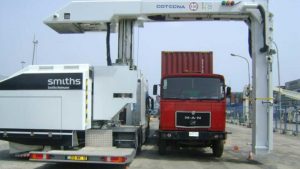 “We are planning to procure endoscopic cameras that can be used to inspect the containers to reduce offloading, physical contact and increase speed apart from scanners that take a long time to procure,” the D.C. said.
“We are planning to procure endoscopic cameras that can be used to inspect the containers to reduce offloading, physical contact and increase speed apart from scanners that take a long time to procure,” the D.C. said.
The number of alerts placed on cargoes he said have reduced to as low as 10 per cent of all the total Customs transactions at the ports stressing that earlier before the COVID-19, with the deployment of the NICIS 11 platform, most processing at Customs have become automated.
The new NICIS 11 platform allow importers and agents to make declaration and pay import duty online without interfacing with any Customs officer.
“We have the Pre-Arrival Assessment Report (PAAR) that is done through the bank and comes in before the shipment arrives, also most processes are now delivered at the trader zone, which means one do not have to visit Customs to do them.
“Before now, if you want to do declaration, payment and assessment of duty you come to Customs; but with the NICIS platform, all of that can be done by the trader without coming to Customs and this has allowed importers and agents to carry out their declaration in the comfort of their offices,” he explained.
Human interface the D.C. said has not entirely been eliminated owing to the fact that other relevant government agencies involved in cargo clearance are yet to integrate into the Customs Single Window platform to automate its processes.

Farinto
Reacting to the physical contact elimination claim by the Customs, the Vice President, Association of Nigerian Licensed Customs Agents (ANLCA), Mr Kayode Farinto, dismissed such and held that physical examination of cargoes, which breeds human contact was still happening at the port.
He called on the need for Customs to invoke Sections 28 and 29 of the Customs and Excise Management Act (CEMA), that empowers it to implement the Bill of Sight and reduce the number of alerts placed on cargoes to lessen physical contact at the port.
“We still have more than five units that put intervention on cargo, which requires you to visit all the units. If there is going to be an outbreak of the virus at the port, it is going to be caused by Customs because they are only protecting their officers and not interested in the stakeholders’ welfare,” Farinto said.
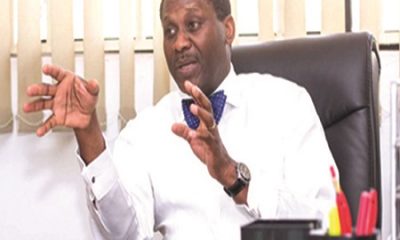
 Business5 years ago
Business5 years ago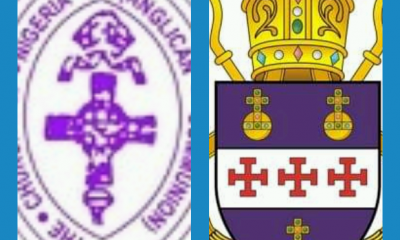
 News5 years ago
News5 years ago
 Crime2 years ago
Crime2 years ago
 News5 years ago
News5 years ago
 Football5 years ago
Football5 years ago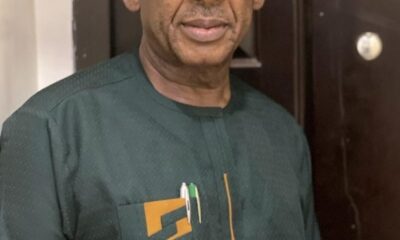
 News1 year ago
News1 year ago
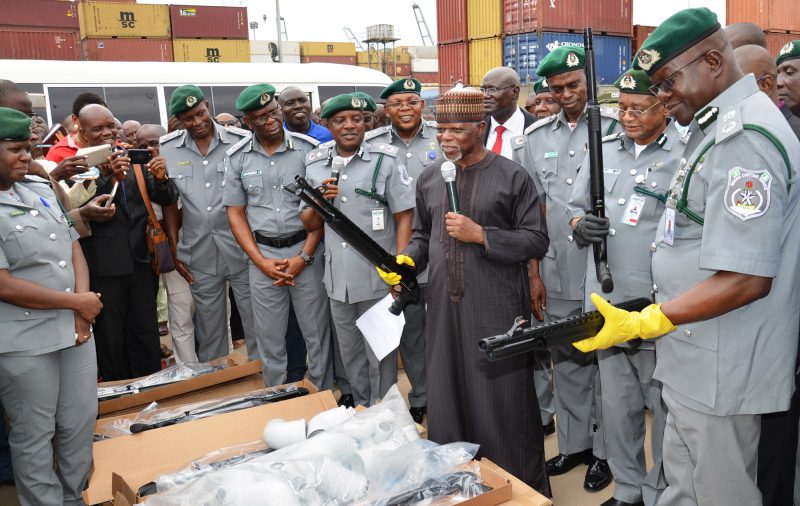


 “We are planning to procure endoscopic cameras that can be used to inspect the containers to reduce offloading, physical contact and increase speed apart from scanners that take a long time to procure,” the D.C. said.
“We are planning to procure endoscopic cameras that can be used to inspect the containers to reduce offloading, physical contact and increase speed apart from scanners that take a long time to procure,” the D.C. said.

